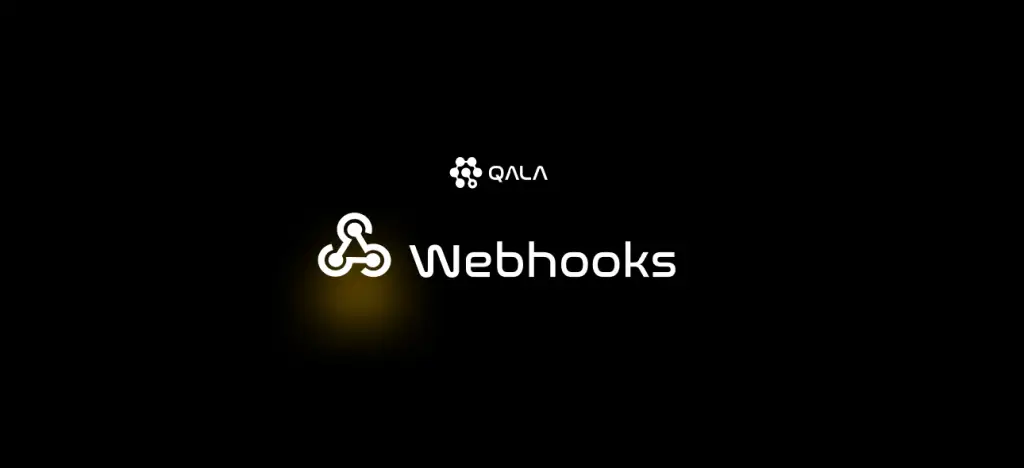Looking back on my journey, from my time at Farfetch to joining Qala, I’m reminded of the incredible experiences and lessons gained from working in a dynamic, talented environment. I was fortunate to be part of a team filled with experts who shared a creative, innovative, and critical mindset, fostering collective leadership and collaboration.
My time there was marked by continuous learning, surrounded by professionals with deep expertise and sharp problem-solving skills. Working with such a talented team shaped my growth as a leader, giving me a unique perspective on the intersection between platform foundations and business success.
We weren’t directly involved in the core business—the glamorous side that’s visible to the world. Instead, we worked on what some might call the “necessary evils,” yet without these foundational services, much of what we take for granted simply wouldn’t function.
These included essential elements such as:
- Authentication and Authorization
- Translation services
- Public APIs
- Automation for creating new tenants
- Workflow and AB Testing services
- Feature toggling, Email services, and GDPR-compliant Notification services
As our team became more closely aligned with the Architecture department, we naturally transitioned into more R&D work, exploring innovative solutions to improve the platform’s foundations. Our deep understanding of the systems allowed us to take on these challenges effectively, pushing boundaries and supporting the company’s long-term goals.
However, despite the strides we made, changes were on the horizon. Following a corporate merger and acquisition, the organization underwent restructuring, and many talented colleagues, including myself, left. This transition prompted reflection—a chance to consider new ventures and possibilities.
Leadership in Non-Core Services: Challenges and Insights
Working on foundational services outside the core business gave me a holistic view of the company’s operations. Our team had the opportunity to tailor solutions to specific needs, gaining a broad understanding across multiple departments. This experience offered valuable insights into how different areas of the business interconnected.
However, managing these services came with its own challenges. Maintaining specialized knowledge across a wide range of areas, while keeping teams engaged and motivated, required thoughtful leadership. Foundational but non-core functions, though essential, can sometimes feel routine, making it crucial to keep creativity and innovation alive. Additionally, broad knowledge comes with the risk of losing focus when constantly shifting between different contexts. It becomes harder to maintain depth in any one area while juggling a variety of services.
I also often questioned whether outsourcing certain services to external providers might have been more cost-effective. A tailored solution, when done right, often results in superior quality and performance—but is it always worth the effort?
And I’m not just talking about exposing functionalities through APIs; I’m referring to entire solutions that abstract away complexity, are visually appealing, and easy to use. As a tech enthusiast, I love diving into these intricate details, but from a business perspective, handling all of this in-house diverts attention from the core business—even if only by a fraction. It’s an approach that larger companies can afford to take, but for smaller or leaner operations, where resources are tight, this can be a significant drawback.
Transitioning to Qala: A Vision that Resonated
During this period of transition, I was approached by the founders of Qala. They had an initial MVP and were seeking feedback on a solution designed to provide businesses with foundational services, enabling them to focus on their core mission. Listening to their vision, I immediately saw how deeply it resonated with my previous experiences.
The challenges I faced managing non-core services made Qala’s proposition especially relatable. Offering companies the ability to outsource these foundational elements while they focus on their core business is exactly the kind of solution that could address the pain points I had encountered. It was an opportunity to join a venture whose values and goals aligned perfectly with the lessons I had learned.
Qala’s vision is to offer businesses a seamless way to manage the critical services they need to operate—without distracting them from what defines their brand. By doing this, we provide businesses the freedom to concentrate on what matters most, while Qala handles the rest. This alignment between my past experience and Qala’s vision felt like a natural fit. It reflected my belief that businesses thrive when they can focus on their strengths, leaving the underlying services to specialized partners.
Looking Ahead
Now, as I begin this new chapter with Qala, I’m excited to apply the lessons I’ve learned to make a meaningful impact. The experience of working with incredible teams, navigating the challenges of supporting a large platform, and leading through change has equipped me with valuable insights that I bring to this new role.
At Qala, our mission is to empower businesses by taking care of their foundational needs, so they can focus on what truly drives their success—their core business. While we are still focusing on one particular solution, I’m eager to contribute to this vision and help companies thrive by managing the essential services that support their growth.





